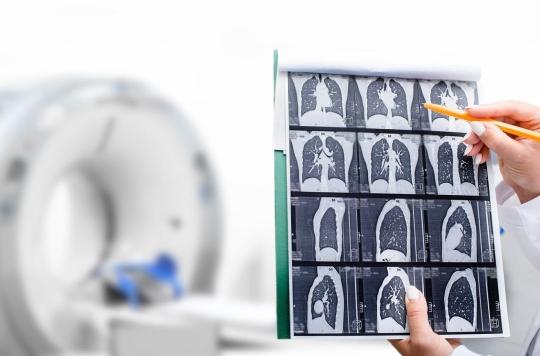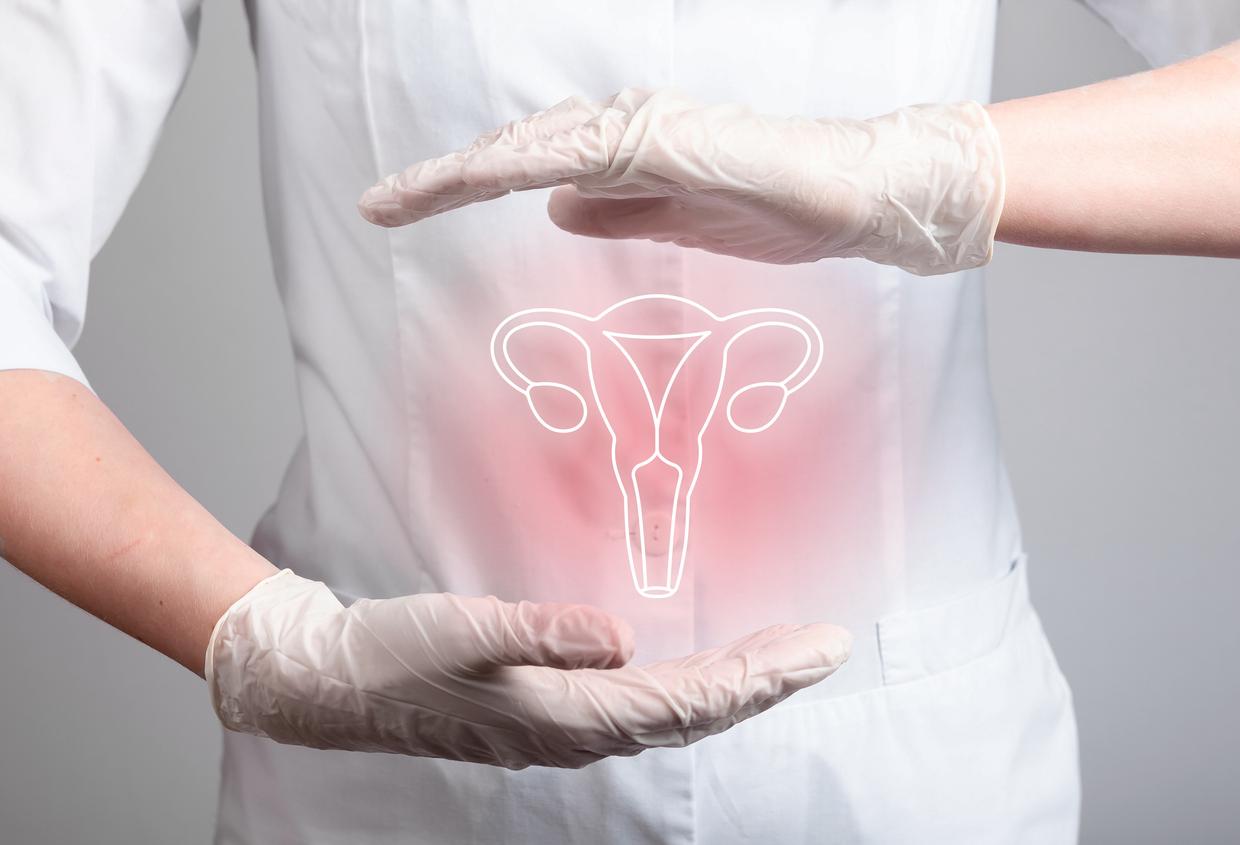During the first edition of the European meetings organized by the National Cancer Institute (INCa), we spoke with its director general Thierry Breton.

Why doctor – Why does INCa make prevention one of its priorities in the fight against cancer?
Thierry Breton – Because in France and Europe, 40% of cancers are caused by avoidable risk factors: tobacco, alcohol, unhealthy diets, lack of physical activity, pollution and infectious agents.
Prevention is therefore the main room for improvement we have to contain the number of new cases of cancer, which will mechanically increase with the aging of the population.
What do you actually plan to do about it in the years to come?
Different types of actions will be put in place, in particular to achieve a tobacco-free Europe by 2035. We plan to work with all European players (States, companies, mutuals, etc.) to denormalize its consumption and support people who want to quit smoking. We also want to reflect together on the regulations governing tobacco consumption in France and in Europe, in particular concerning the price of this product and its circulation between the Member States of the Union.
Tobacco is by far the leading risk factor for cancer, and a major environmental pollutant.
A word on the anti-HPV vaccination, which makes it possible to avoid developing cancer of the cervix?
Compared to countries like Australia, we are very behind, although it is a very effective anti-cancer vaccine, for girls as for boys. We will therefore work to make this vaccine more acceptable to families, in particular by mobilizing schools and doctors.
The right to be forgotten will be reduced to five years instead of ten. Is that a good thing, do you think?
This is a very good step forward for patients, because the fight against cancer does not only involve care. INCa has been involved for years in the file of the right to be forgotten, which we also want to promote at European level.
The HAS (Haute Autorité de Santé) has taken a small step towards organized screening for lung cancer. What do you think ?
We are in favor of it. INCa will also launch a pilot program this year to specify the criteria on which people will be able to benefit from this screening (age, symptoms, comorbidities, etc.)…
How long will this pilot program last?
4 to 5 years, because we need to step back. The gesture performed in case of positive screening is very invasive: it is a big operation, which can have negative consequences. It therefore really has to be done on the people who need it, in other words the benefit/risk balance of organized screening must be very favourable.
Has covid-19 delayed the care of cancer patients?
The delay taken for excisions, which are operations where the surgeon extracts the tumor from the patient’s body, has been caught up, and is today less important than what we feared. Other important but non-vital operations, such as breast reconstructions, are however always postponed.
Has the delay in the excisions led to a loss of opportunity for some patients?
In some cases, yes, unfortunately.
Many cancer patients or ex-patients do not understand the priority given to Covid-19. Do you agree with them?
I understand that they may think that. But the arrival of Covid-19, which we knew nothing about at the time, stunned everyone and destabilized the entire French health system. And since the first confinement, we have put in place therapeutic strategies that make it possible to avoid the loss of chances as much as possible.
Throughout this Covid-19 crisis, cancer services have never been closed, they have been adapted. For example, doctors have taken the decision to treat certain patients by doing chemotherapy before the operation. Unprecedented collaborations between the private sector and the public have also been set up.
What to say to those who, even today, give up screening because of Covid-19? I am thinking in particular of people who no longer want to go to the hospital for fear of being contaminated…
At the hospital, routes have been put in place to ensure that Covid-19 patients do not meet patients with cancer or who come for screening. The risk of catching Covid-19 in a health establishment is therefore very limited, and does not justify giving up treatment.

.















